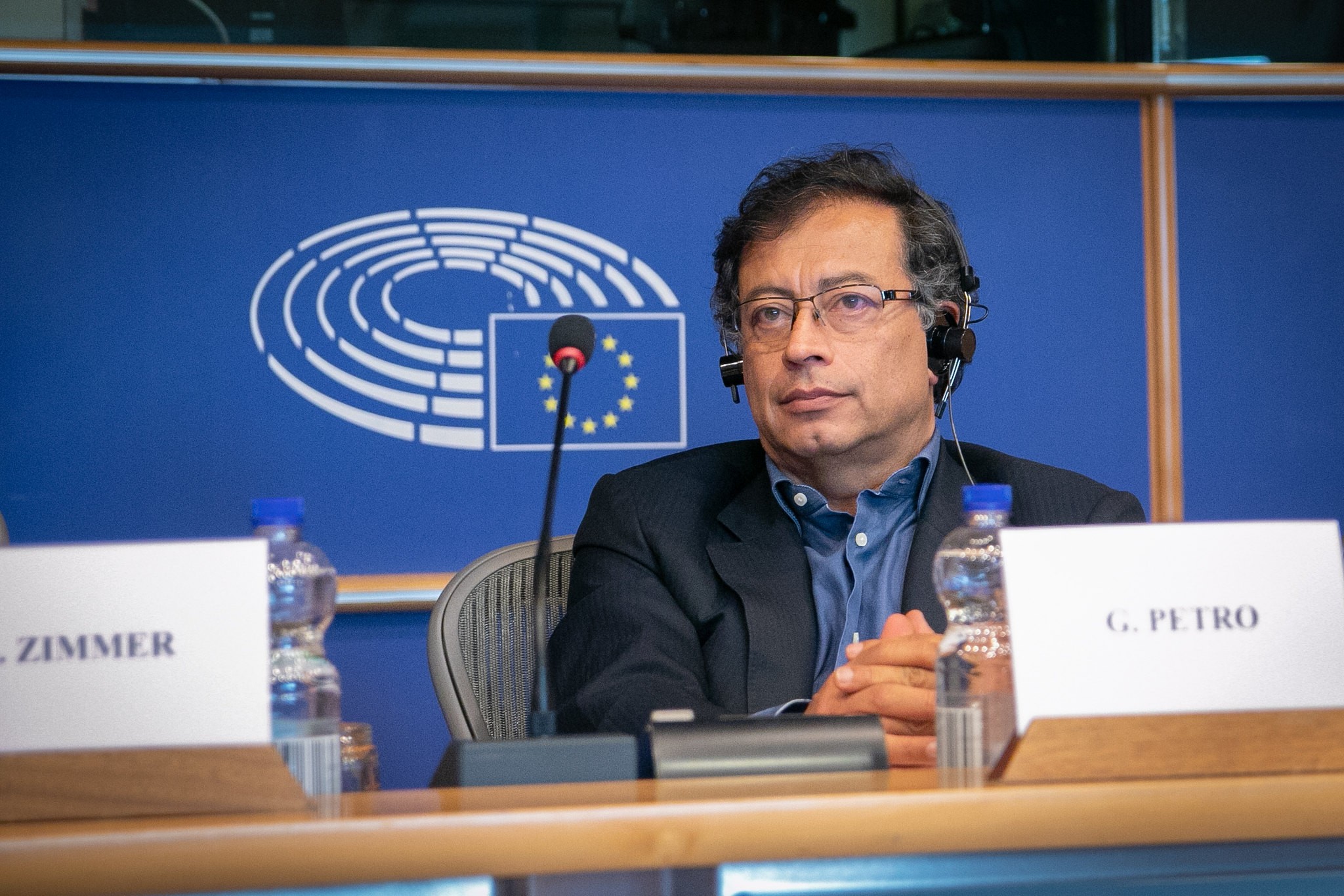Dissatisfaction with former President Iván Duque’s administration fueled widespread protests in Colombia throughout 2021, highlighting structural inequalities. The government’s violent response intensified citizen discontent and calls for change. Against this backdrop, Gustavo Petro became the first left-leaning president in Colombia’s history in August 2022, accompanied by Francia Márquez, the country’s first Black woman vice-president and a prominent human rights and environmental activist.
Colombia’s economy rebounded impressively from the COVID-19 pandemic, supported by robust fiscal and monetary policies. Following a 7% contraction in 2020, GDP surged by 10.6% in 2021. However, persistent concerns such as inequality, unemployment and informality continue to pose challenges, keeping poverty rates high.
The new Petro administration has undertaken extensive social protection measures to address the socioeconomic challenges vulnerable communities face. In the first six months, strategic priorities have been defined and implemented, including new tax reform and peace initiatives. However, proposals related to energy, economic models and health have generated notable disagreements and tensions, highlighting the complexities of finding common ground.

